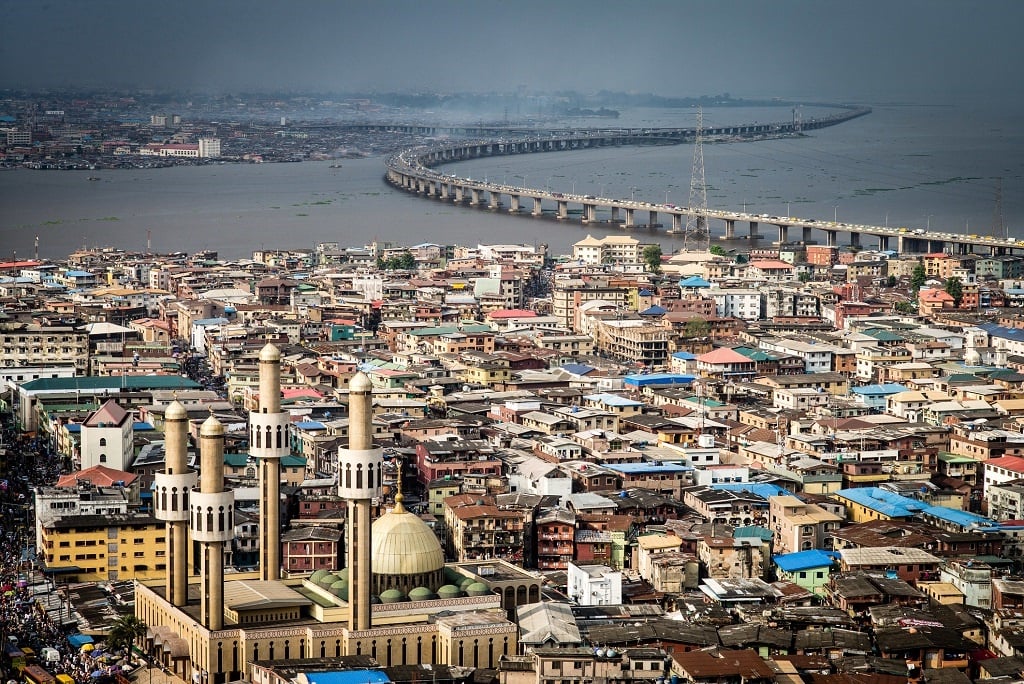
- Economic growth in Sub-Saharan Africa is projected to fall to -3.3%, due to the Covid-19 pandemic, says the World Bank.
- The pandemic may also drive up to 40 million people into extreme poverty in 2020 – essentially undoing five years of progress.
- This comes at the region's two economic powerhouses, South Africa and Nigeria, both reported steep falls in GDP in the second quarter of the year.
Sub-Saharan Africa is set to experience its first recession in 25 years, with growth projected to fall to -3.3% in 2020 due to the Covid-19 pandemic, according to the World Bank.
The World Bank, in a report, said that containing the spread of the Covid-19 virus has come at a high economic cost. In Africa, the pandemic is expected to drive up to 40 million of the continent's people into extreme poverty – essentially undoing at least five years of progress.
Gross domestic product per capita growth is expected to contract by nearly 6%.
"The road to recovery may be long, and it may be steep, but prioritising policy actions and investments that address the challenge of creating more, better and inclusive jobs will pave the way for a faster, stronger and inclusive recovery for African countries," Albert Zeufack, World Bank chief economist for Africa, said in a statement accompanying the report.
The bank noted the sub-Saharan Africa's two economic giants, South Africa and Nigeria, both registered steep falls in GDP in the second quarter of the year. SA's economy shrank by -17.1% year-on-year, while Nigeria's fell by -6.1%.
"The decline in growth has been stronger among metals exporters where real GDP is expected to contract by 6%, partly reflecting the large drop in output in South Africa," the bank said.
"Among oil exporters, after expanding by 1.5% in 2019, real GDP is projected to fall by more than 4% 2020, owing to contractions in Angola and Nigeria."
In non-resource intensive countries such as Côte d’Ivoire, Ethiopia, and Kenya growth is expected to slow but will remain positive. Tourism-dependent economies, such as Cabo Verde, Mauritius and the Seychelles, meanwhile, experienced sharp contractions.
Massive investments across countries and financial support from the international community, alongside reforms, is needed to aid recovery, the World Bank said.
The bank said it would deploy $160 billion (about R2.6 trillion at current exchange rates) in financial support over 15 months to help more than 100 countries globally protect the poor and vulnerable, support businesses and bolster economic recovery.
